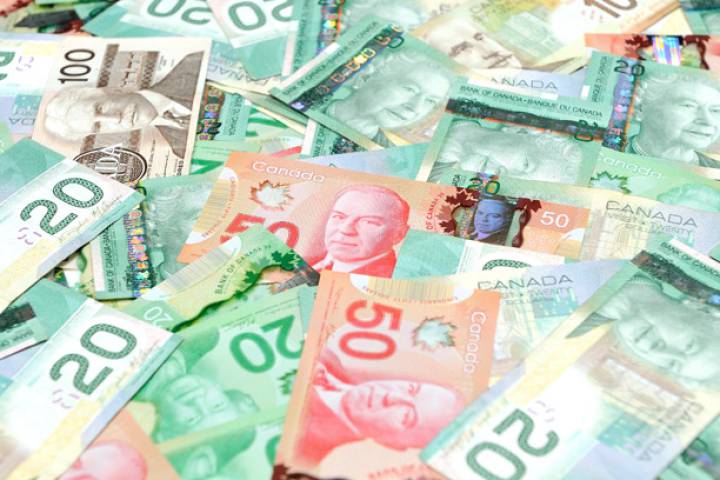Raising tax rates for Canada’s top income earners could hurt Canada’s economic competitiveness, a new report from the Fraser Institute warns.

Canada’s top tax rates (when federal and provincial are combined) now rank second-highest among G7 countries, second only to France, the non-partisan think tank reports.
READ MORE: Plenty of room to raise taxes paid by Canada’s wealthiest, study says
The move to increase taxes on the country’s highest earners contradicts the Trudeau Liberals’ commitment to retaining highly skilled workers, study co-author Charles Lammam says in the report.
“Next week’s federal budget offers the Liberal government an opportunity to put in place policies that match their rhetoric about the importance of policies that attract and retain highly skilled workers, entrepreneurs, and investors,” Lammam states.
Prime Minister Justin Trudeau has said raising taxes on the rich while lowering them for the middle class will address income inequality, create growth and stimulate the economy.
Previous tax cuts for wealthy Canadians didn’t work, Trudeau said on the campaign trail last year.

Get weekly money news
“That’s not what creates job growth, does not create economic growth in our communities,” Trudeau said.
The report argues the opposite.
Taxes yanking more than half a person’s take-home income could lead to an exodus of Canada’s highly skilled, educated workers, the report says.
Six out of ten provinces have a combined tax rate above 50 per cent for the highest income earners. Nova Scotia leads the provinces with the highest combined tax rate at 54 per cent, followed by Ontario at 53.5 per cent and Quebec at 53.3 per cent.
READ MORE: Here’s what we know about Canada’s highest-earning 1%
It also discourages people from earning more money and “engaging in productive economic activity.”
“Canada’s personal income tax rates are decidedly uncompetitive compared to those in the U.S., putting Canada at a real disadvantage in attracting and retaining skilled and mobile workers,” Lammam said.
Some provinces have responded to the increase in federal tax rates by lowering provincial tax rates to counteract the hike and stay competitive, the report states.
“Competitive personal income tax rates are critical to fostering a positive economic climate but recent tax increases, federally and in many Canadian provinces, harm our ability to attract skilled workers and in fact discourage Canadians from realizing their full potential.”
READ MORE: Tax bills to edge lower for millions of Canadians in 2016
Ultimately, the report says, Ottawa’s attempt to pull in more tax dollars could backfire if the higher tax rates trigger a reduction of investment in the economy, prompt high-income earners to change their behaviours in order to pay less tax, or to leave the country altogether.








Comments